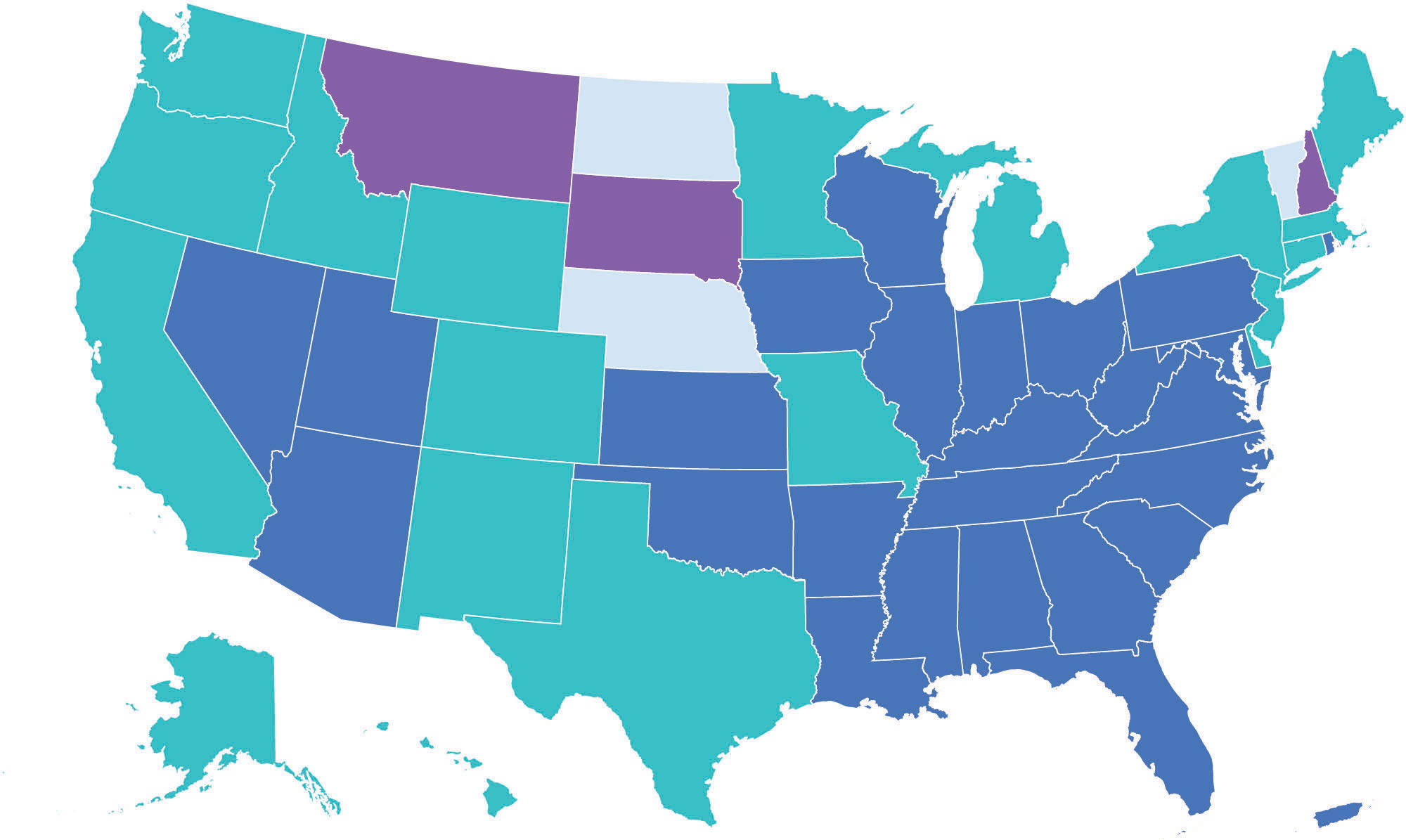School Choice noun
Any policy that allows families to take their children’s education dollars to the approved education provider of their choosing – be it traditional public schools, public charter schools, private school, virtual learning, or home schooling.
Every 60 seconds a child drops out of a public school in America.
In many of our nation’s largest cities dropout rates exceed 50 percent.
America is lagging behind more than a dozen other nations in math and literacy.
Families deserve to have the freedom to choose the educational environment that serves their children best, regardless of financial ability or home address.
What is
School
Choice?
The definition of “School Choice” – Any policy that allows families to take their children’s education dollars to the approved education provider of their choosing.
Parents should have a wide range of high quality schools or educational options to choose from – be it traditional public schools, public charter schools, private schools, virtual learning, or home schooling.
“Education funding is meant for educating children – not for protecting a particular institution. We should fund students, not systems.” – Corey DeAngelis
Private school choice, through scholarship tax credit programs, vouchers, educational savings accounts and individual tuition tax credits, gives students, including those from low-income families or those with special needs, the opportunity to receive tuition to attend a private school that meets their needs immediately. Public school choice, like charters or magnets, allow families to choose educational settings within the public system.
Does School Choice Work?
Research shows that school choice programs improve outcomes for all students, reduces crime, helps students graduate high school and enroll in college.
See The ResearchWhere is
School Choice?
Know your state’s current laws

-
States with private school choice programs and public charter school laws
-
States with private school choice programs and no public charter school laws
-
States with public charter school laws and no private school choice program
-
States with no private school choice or public charter school laws
Not all states have the same laws and public policies in place to empower parents and their children’s school choice rights. 47 states have some form of public or private school choice.
See the latest national snapshotHow school choice works
Types of Programs
Success in school choice programs across the country has been clear and proven: parents and their children have directly benefited from increased access to the educational environment they choose.
Dive deeper with the brochureWhy everyone deserves the right to school choice
Empowering children and parents


The case for school choice is overwhelming. The vast majority of credible evidence shows that school choice programs improve academic outcomes for not only the program participants but also the students in public schools; save taxpayers money; and reduce racial segregation.
Join the
School Choice Movement
Meet a School Choice Expert

“Education funding is meant for educating children – not for protecting a particular institution. We should fund students, not systems.”
– Corey DeAngelis
Corey A. DeAngelis, PH.D.
Corey DeAngelis is the national director of research for the American Federation for Children. Corey was named on the Forbes 30 Under 30 list for his work on education policy and received the Buckley Award from America’s Future in 2020.
Corey’s research has been published in peer‐reviewed academic journals such as Social Science Quarterly, School Effectiveness and School Improvement, Educational Review, Educational Research and Evaluation, and Peabody Journal of Education. His work has also been published in outlets such as The Wall Street Journal, USA Today, New York Post, and National Review.
In 2020, Corey DeAngelis and Neal McCluskey co-edited the book School Choice Myths: Setting the Record Straight on Education Freedom. In School Choice Myths experts use the latest research on school choice to effectively debunk common myths.
Who we are
About Us
The AFC Growth Fund seeks to empower families, especially lower-income families, with the freedom to choose the best K-12 education for their children. We are affiliated with the American Federation for Children.